The only source of knowledge is experience
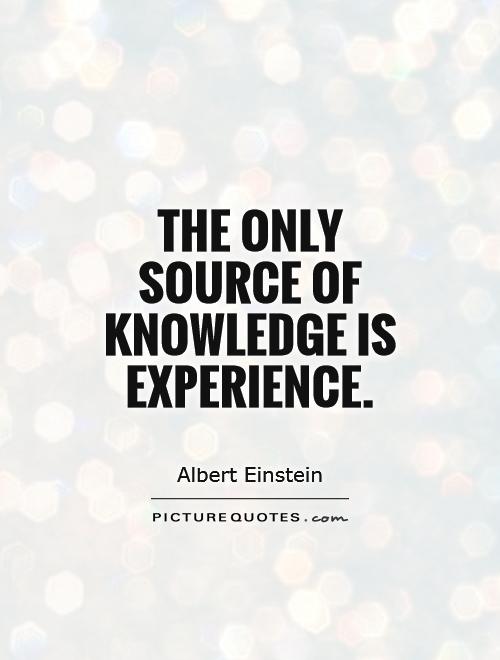
The only source of knowledge is experience
Albert Einstein, one of the most renowned scientists of all time, once famously said, "The only source of knowledge is experience." This statement has been widely interpreted and debated by scholars, philosophers, and individuals from various fields. In the context of Einstein's words, it can be understood that he believed that true understanding and wisdom can only be gained through firsthand experience and observation.Einstein's own life and work exemplify the importance of experience in acquiring knowledge. He developed his groundbreaking theories of relativity and quantum mechanics through years of rigorous experimentation, observation, and analysis. His famous thought experiments, such as imagining himself riding alongside a beam of light, allowed him to gain insights that would have been impossible to achieve through mere theoretical speculation.
In the scientific community, the idea that experience is the only source of knowledge is often seen as a fundamental principle. Scientists rely on empirical evidence, data, and experimentation to test hypotheses and theories. Without the direct observation and testing of phenomena, it would be impossible to validate or refute scientific claims. This reliance on experience as a source of knowledge has led to countless discoveries and advancements in various fields of science.
However, the concept of experience as the sole source of knowledge is not without its critics. Some argue that knowledge can also be gained through intuition, reasoning, and imagination. Philosophers and thinkers throughout history have emphasized the importance of logic, deduction, and creativity in the pursuit of knowledge. While experience is undoubtedly valuable, it is not the only means by which we can acquire understanding and insight.

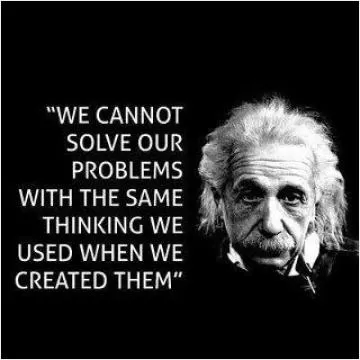

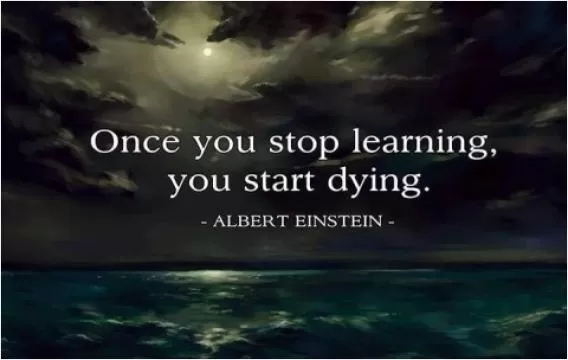
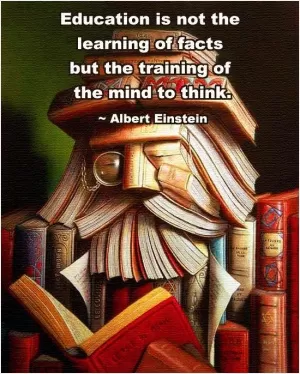


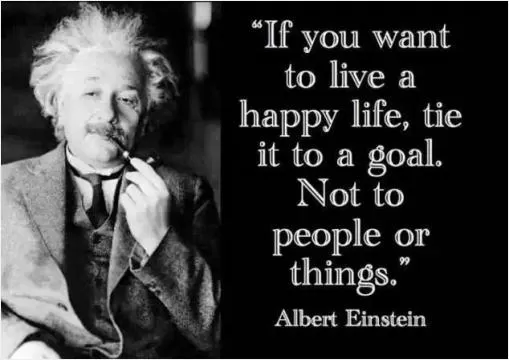
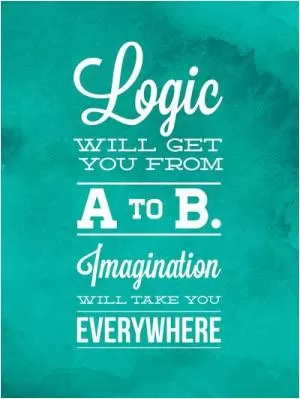

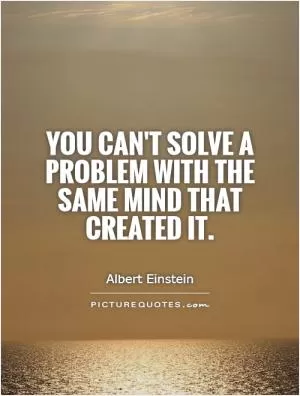
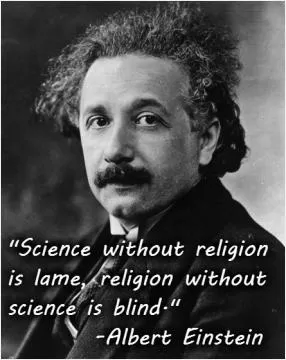
 Friendship Quotes
Friendship Quotes Love Quotes
Love Quotes Life Quotes
Life Quotes Funny Quotes
Funny Quotes Motivational Quotes
Motivational Quotes Inspirational Quotes
Inspirational Quotes